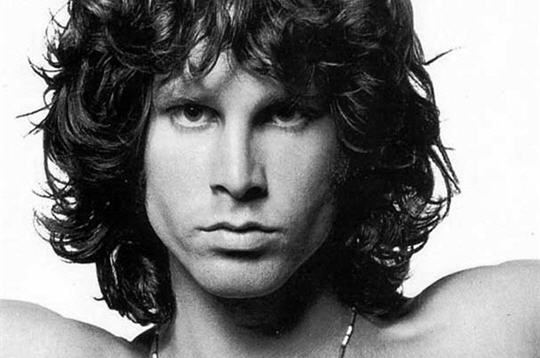From Teen Pop to Alt-Rock Revolution
Before becoming the voice of ’90s female fury, Alanis Morissette was stuck in Canadian teen pop purgatory. Two MCA albums and Juno Awards couldn’t save her stalling career in the early ’90s. Moving to Los Angeles changed everything. Her collaboration with producer Glen Ballard birthed a seismic shift toward confessional alternative rock that made her previous bubblegum persona look like a completely different artist. This wasn’t gradual evolution—this was creative metamorphosis.
The Sound That Matched the Fury
“You Oughta Know” needed instrumentation as explosive as its emotions. Dave Navarro’s guitar work and Flea’s bass lines provided the menacing rock textures that perfectly matched Morissette’s vocal volatility. This wasn’t typical radio-friendly fare—the track snarled with an aggression that most female pop acts avoided entirely.
Yet this radio-unfriendly edge somehow became a global blockbuster, proving audiences were starving for authentic female rage in rock music.
The Uncle Joey Theory That Won’t Die
The identity of Morissette’s former lover has fueled decades of speculation, with Full House star Dave Coulier as the prime suspect. According to interviews, Coulier himself has alternately embraced and distanced himself from this theory, admitting he bought the CD and recognized private references before later backtracking.
Morissette maintains deliberate ambiguity, understanding that mystery amplifies the song’s power. Smart move—the speculation keeps “You Oughta Know” relevant across generations.
Breaking Down Barriers for Future Generations
Unlike previous female pop singles, “You Oughta Know” delivered unfiltered sexual and emotional aggression that redefined what women could express in mainstream music. The song’s Grammy wins for Best Rock Song and Best Female Rock Vocal Performance in 1996 legitimized female rage as art, not just attitude. This breakthrough paved the way for everyone from Pink to Olivia Rodrigo to channel raw emotion without apology.
Why the Mystery Still Matters
Nearly three decades later, you still hear “You Oughta Know” and feel that cathartic release. The mystery surrounding its subject isn’t just gossip—it’s strategic artistry. By keeping the focus on emotional truth rather than specific details, Morissette created a universal anthem for anyone who’s ever felt betrayed. In our streaming age of oversharing, her restraint feels revolutionary.


























